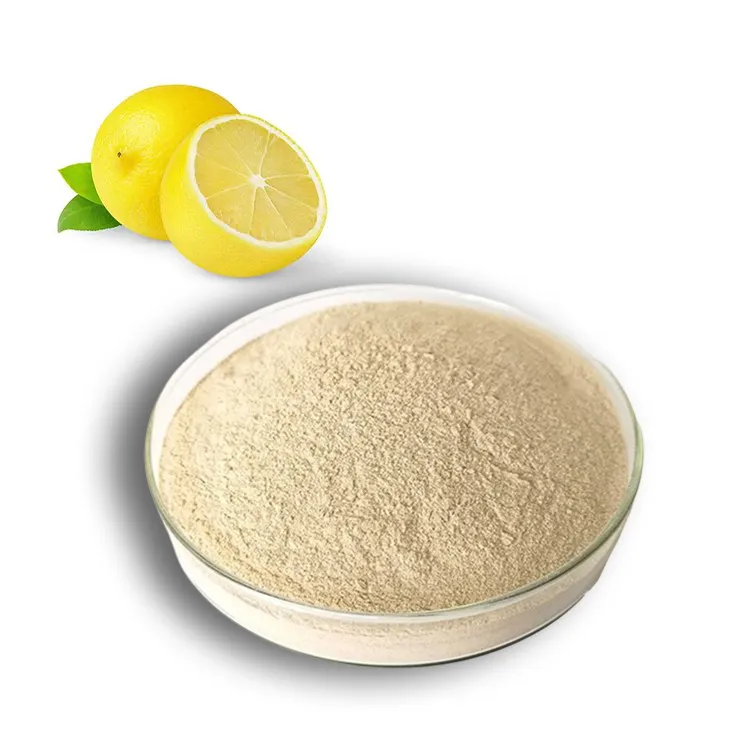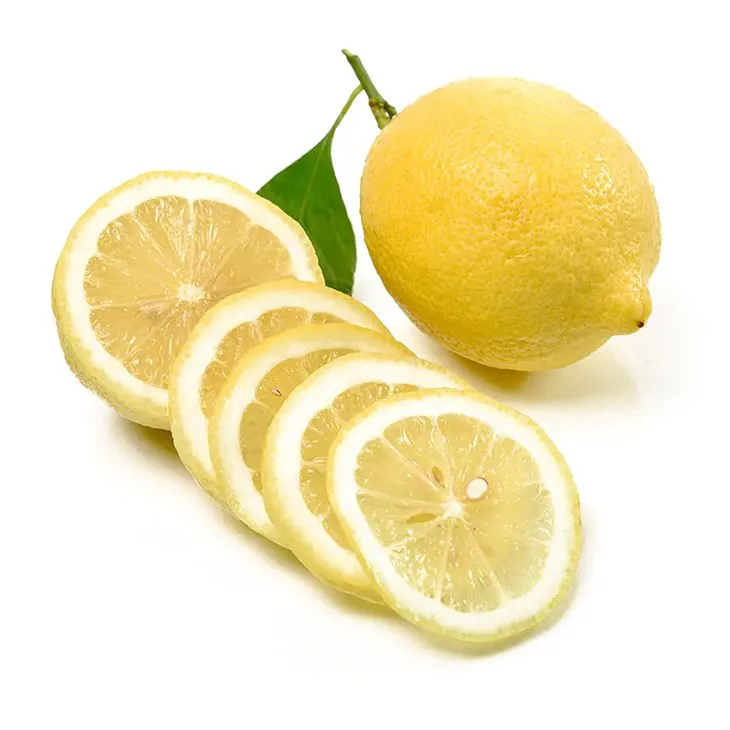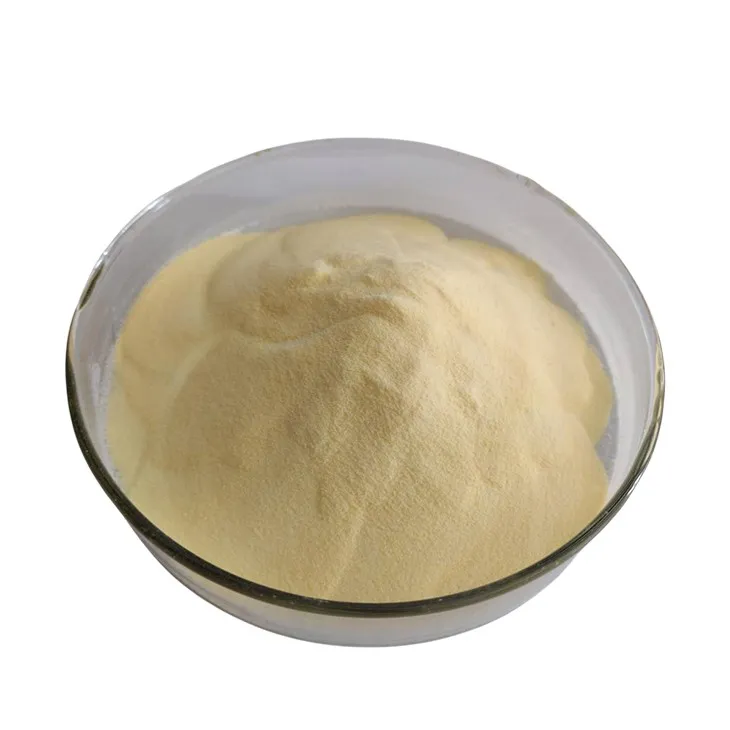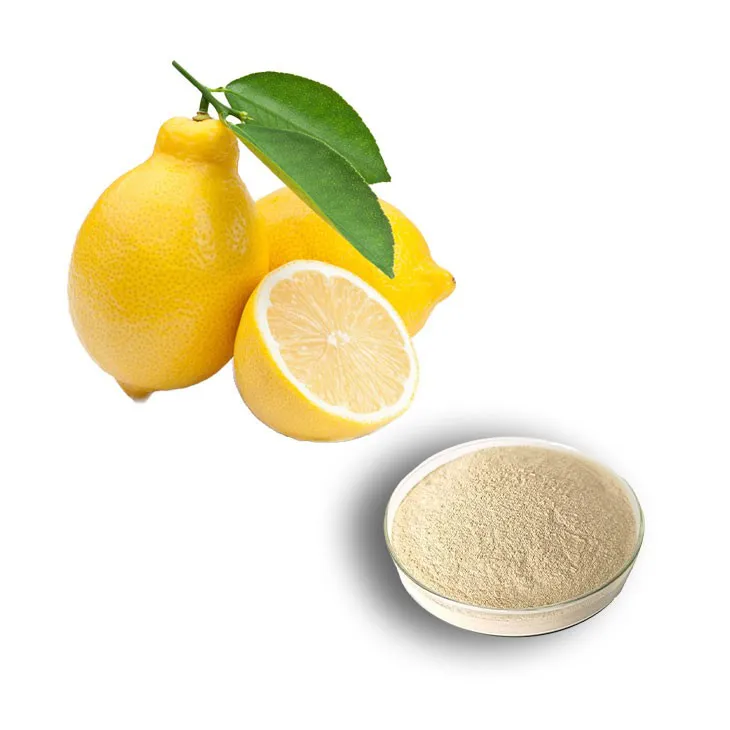- 0086-571-85302990
- sales@greenskybio.com
Extract lemon extract by steam distillation.
2024-11-27

1. Introduction
Lemon Extract is highly valued in various industries such as the food, beverage, and cosmetic industries. Steam distillation has emerged as a significant method for obtaining this valuable extract. This article will explore the details of steam distillation for Lemon Extract, comparing it with other methods and looking into its future prospects.

2. Step - by - step procedure of steam distillation for lemons
2.1 Preparation of lemons before distillation
Before starting the steam distillation process, proper preparation of lemons is crucial. First, fresh lemons should be carefully selected. Only high - quality lemons that are free from bruises and diseases should be used. The lemons are then washed thoroughly to remove any dirt, pesticides, or other contaminants. This can be done by rinsing them under running water for a few minutes.
After washing, the lemons are usually sliced or grated. Slicing the lemons into thin slices exposes more surface area, which is beneficial for the subsequent distillation process. Grating the lemons can also be an option, especially if a more concentrated extract is desired. However, grating may introduce more pulp and solids into the mixture, which may require additional filtration steps later.
2.2 The distillation process
Once the lemons are prepared, the steam distillation apparatus is set up. This typically consists of a distillation flask, a condenser, and a receiving flask. The sliced or grated lemons are placed into the distillation flask.
Steam is then introduced into the distillation flask. The steam can be generated from an external steam source or by heating water in a connected flask. As the steam passes through the lemon material, it causes the volatile compounds in the lemons to vaporize. These volatile compounds, which include the essential oils and other flavor - and - aroma - contributing substances, are carried along with the steam.
The steam - volatile compound mixture then enters the condenser. In the condenser, the steam is cooled and condensed back into a liquid state. The condensed liquid, which now contains the Lemon Extract along with water, is collected in the receiving flask. This liquid is often referred to as the distillate.
Finally, the distillate may need to be further processed. Since the distillate is a mixture of lemon extract and water, separation techniques may be employed to obtain a more concentrated lemon extract. One common method is to use a separating funnel to separate the oil - rich layer (the lemon extract) from the aqueous layer.

3. Comparison with other extraction methods for lemons
3.1 Solvent extraction
Solvent extraction is another commonly used method for obtaining lemon extract. In solvent extraction, a suitable solvent such as ethanol or hexane is used to dissolve the desired compounds from the lemon material. However, solvent extraction has several drawbacks compared to steam distillation.
- Residue issue: Solvents may leave behind residues in the final extract, which can be a concern especially in applications where purity is crucial, such as in the food and cosmetic industries. For example, hexane is a hydrocarbon solvent, and even a small amount of residual hexane in the extract can be unacceptable in food products.
- Safety concerns: Many solvents are flammable and pose safety risks during handling and storage. Ethanol, for instance, is flammable and requires proper safety measures to prevent fires and explosions.
- Environmental impact: The use of solvents often results in the generation of waste solvents, which need to be disposed of properly. Improper disposal can lead to environmental pollution.
3.2 Cold - press extraction
Cold - press extraction involves mechanically pressing the lemons to extract the juice and oils. While this method can preserve some of the natural properties of the lemon extract, it also has limitations.
- Low yield: Cold - press extraction may not be able to extract all of the volatile compounds effectively. Some of the essential oils may remain trapped in the cellular structure of the lemon pulp, resulting in a lower yield compared to steam distillation.
- Shelf - life: The extract obtained by cold - press extraction may have a shorter shelf - life due to the presence of more water and potential for microbial growth. Steam - distilled lemon extract, on the other hand, has a relatively longer shelf - life because of the reduced water content and the removal of some microorganisms during the distillation process.
3.3 Advantages of steam distillation
Steam distillation offers several advantages over other extraction methods for lemons.
- Purity: Steam distillation can produce a relatively pure lemon extract. Since no solvents are used, there is no risk of solvent residue in the final product. This makes it highly suitable for use in the food and cosmetic industries where product purity is of utmost importance.
- High - quality aroma and flavor: The volatile compounds in lemons are gently extracted during steam distillation, which helps to preserve their natural aroma and flavor. This results in a lemon extract with a high - quality sensory profile.
- Safety: Steam distillation is a relatively safe process compared to solvent extraction. There are no flammable solvents involved, reducing the risk of fires and explosions during the extraction process.
- Long - term stability: As mentioned earlier, steam - distilled lemon extract has a longer shelf - life due to the removal of water and potential contaminants during the distillation process. This is beneficial for storage and distribution.

4. Future prospects of lemon extract production through steam distillation
4.1 Market trends
The market for lemon extract is growing steadily, driven by the increasing demand for natural flavors and aromas in the food and beverage industry, as well as the rising popularity of natural and organic products in the cosmetic industry. Steam - distilled lemon extract is well - positioned to meet this demand due to its high - quality and purity.
Consumers are becoming more conscious about the origin and production methods of the products they use. Steam - distilled lemon extract, which can be sourced from sustainable lemon farming and produced using environmentally friendly distillation processes, is likely to gain more market share in the future. For example, if lemons are sourced from organic farms and the steam distillation process is optimized to reduce energy consumption, it can appeal to the environmentally - conscious consumers.
4.2 Potential improvements in the extraction technology
There are several areas where the steam distillation technology for lemon extract can be improved.
- Energy efficiency: Currently, steam distillation can be energy - intensive. Research can be focused on developing more energy - efficient distillation systems. For instance, using waste heat recovery systems or optimizing the design of the distillation apparatus to reduce heat loss can significantly improve energy efficiency.
- Yield optimization: Although steam distillation offers a relatively good yield, there is still room for improvement. New techniques such as pre - treatment of lemons with enzymes or microwaves before distillation may help to break down the cell walls more effectively, releasing more volatile compounds and thus increasing the yield of the lemon extract.
- Automation: Automation can improve the consistency and quality of the lemon extract production. Automated systems can precisely control the steam flow, temperature, and other parameters during the distillation process, reducing human error and ensuring a more uniform product.

5. Conclusion
Steam distillation is a valuable method for extracting lemon extract. It offers a step - by - step process that can be carefully controlled to produce a high - quality, pure extract. Compared to other extraction methods, it has significant advantages in terms of purity, aroma, safety, and shelf - life. Looking at the future, with the growing market trends for natural products and the potential for technological improvements, steam distillation of lemon extract is likely to play an even more important role in the industries that rely on this valuable extract.
FAQ:
What are the main steps in the steam distillation process for lemon extract?
The main steps in the steam distillation process for lemon extract typically include: First, prepare the lemons by washing and possibly chopping them into appropriate pieces. Then, introduce steam into the container with the lemons. The steam causes the volatile compounds in the lemons to vaporize. These vaporized compounds are then carried along with the steam and condensed in a condenser. The resulting liquid, which contains the lemon extract, is then collected.
What are the advantages of steam distillation over other methods for lemon extract?
Steam distillation has several advantages over other methods for lemon extract. One advantage is that it is a relatively gentle method that can preserve the delicate flavor and aroma compounds of the lemon. It can also be more selective in extracting the desired volatile components compared to some other extraction methods. Additionally, steam distillation is a well - established and widely used technique, which means it is often more reliable and reproducible.
How does the quality of lemon extract obtained by steam distillation compare to other extraction methods?
The quality of lemon extract obtained by steam distillation can be quite high. Compared to solvent extraction methods, steam distillation generally results in a purer extract as it does not leave behind solvent residues. The flavor profile of the steam - distilled lemon extract is often more natural and closer to the original lemon aroma and taste. However, different extraction methods may be preferred depending on the specific end - use of the extract.
What are the market trends for lemon extract produced by steam distillation?
The market trends for lemon extract produced by steam distillation are influenced by various factors. There is an increasing demand for natural and clean - label products, which makes steam - distilled lemon extract attractive as it is a natural extraction method. It is also used in a wide range of industries such as the food and beverage industry for flavoring, the cosmetics industry for its fragrant properties, and the pharmaceutical industry for potential health - related applications. The market for steam - distilled lemon extract is likely to grow as consumers become more conscious of the origin and extraction method of ingredients.
What potential improvements could be made to the steam distillation technology for lemon extract?
Potential improvements to the steam distillation technology for lemon extract could include optimizing the steam pressure and temperature to increase the efficiency of extraction while maintaining the quality of the extract. Improving the design of the distillation apparatus to reduce energy consumption is also a possibility. Additionally, the development of pre - treatment methods for the lemons before distillation could enhance the extraction of specific valuable compounds.
Related literature
- Steam Distillation: A Traditional Technique for Lemon Extract Production"
- "Advances in Extraction Technologies: Focus on Lemon Extract via Steam Distillation"
- "The Role of Steam Distillation in the Modern Lemon Extract Industry"
- ▶ Hesperidin
- ▶ citrus bioflavonoids
- ▶ plant extract
- ▶ lycopene
- ▶ Diosmin
- ▶ Grape seed extract
- ▶ Sea buckthorn Juice Powder
- ▶ Beetroot powder
- ▶ Hops Extract
- ▶ Artichoke Extract
- ▶ Reishi mushroom extract
- ▶ Astaxanthin
- ▶ Green Tea Extract
- ▶ Curcumin Extract
- ▶ Horse Chestnut Extract
- ▶ Other Problems
- ▶ Boswellia Serrata Extract
- ▶ Resveratrol Extract
- ▶ Marigold Extract
- ▶ Grape Leaf Extract
- ▶ blog3
- ▶ blog4
-
Organic Olive Leaf Extract, Australia.
2024-11-27
-
The best organic green tea extract.
2024-11-27
-
Ashwagandha extract manufacturer.
2024-11-27
-
High - quality peppermint oil products.
2024-11-27
-
100% Pure Natural L - carnitine.
2024-11-27
-
Carrageenan Extract Powder
2024-11-27
-
Alisma Extract
2024-11-27
-
Yohimbine Bark Extract
2024-11-27
-
Scutellaria Extract
2024-11-27
-
Milk Thistle Extract
2024-11-27
-
Nutmeg Extract
2024-11-27
-
Lemon Juice Powder
2024-11-27
-
Tongkat Ali Extract Powder
2024-11-27
-
Buckthorn bark extract
2024-11-27
-
Shikone Extract
2024-11-27





















